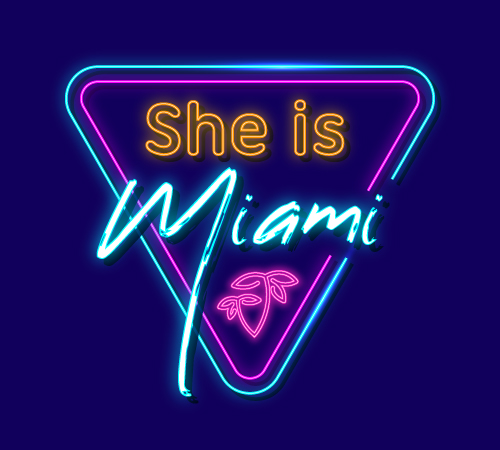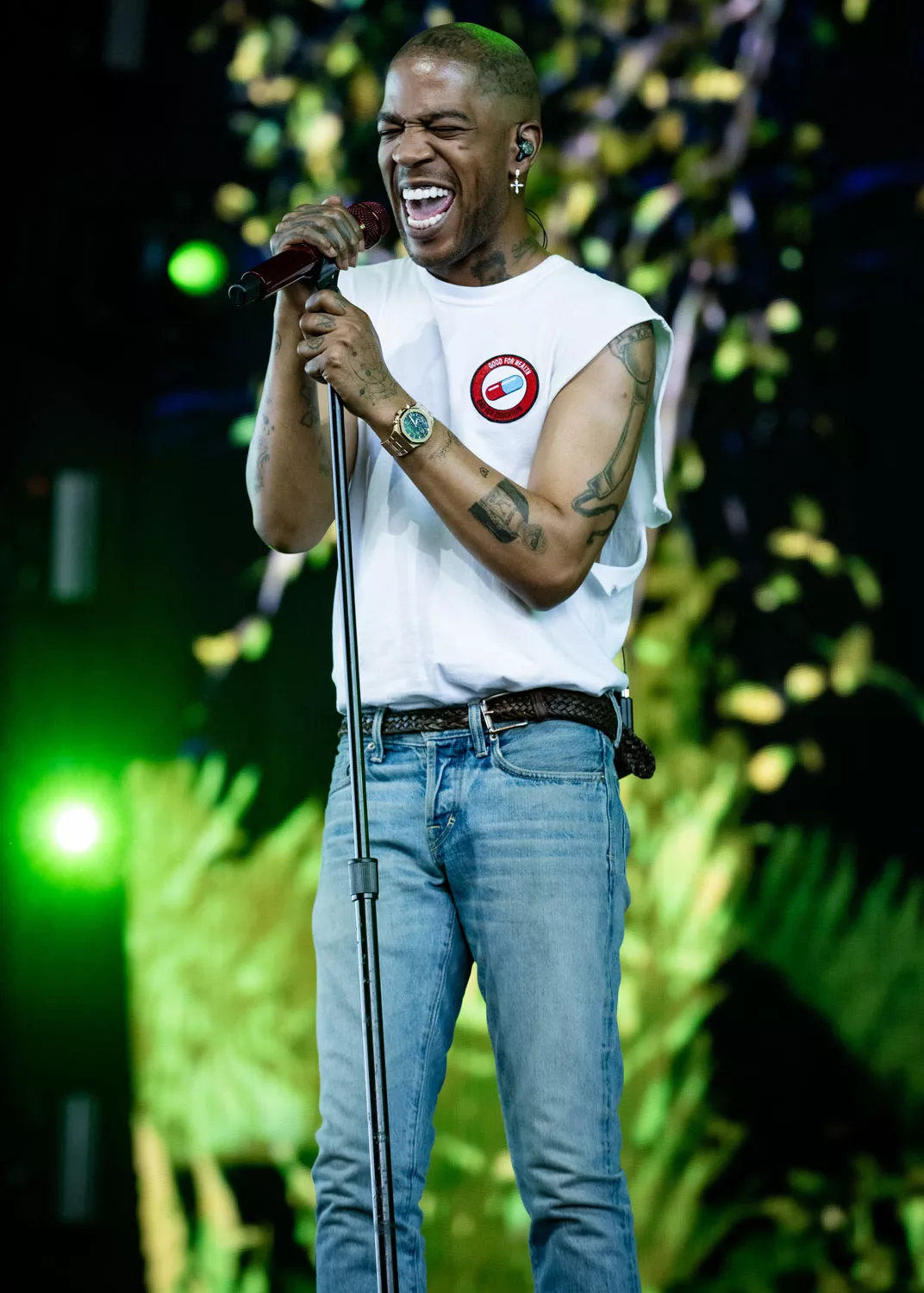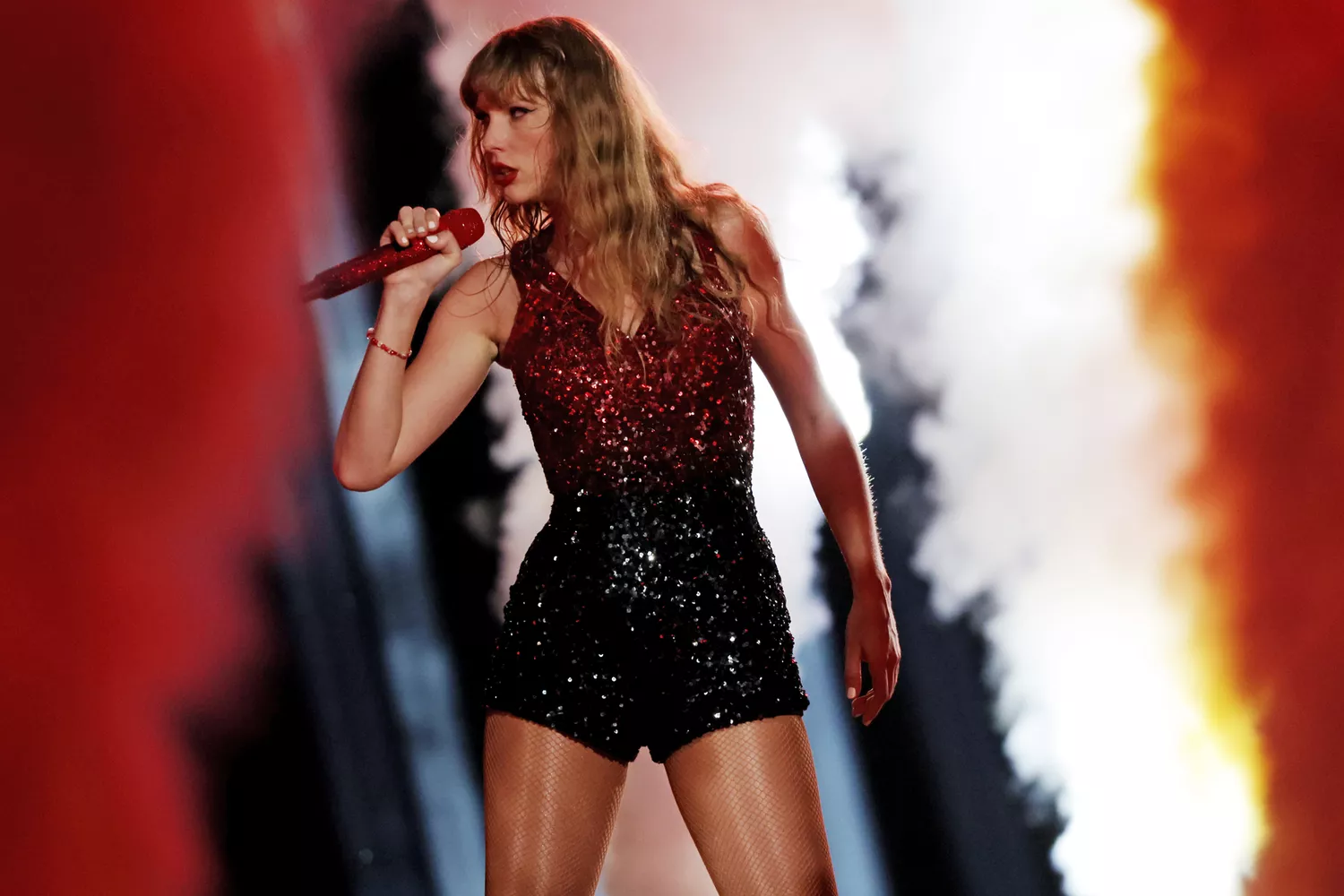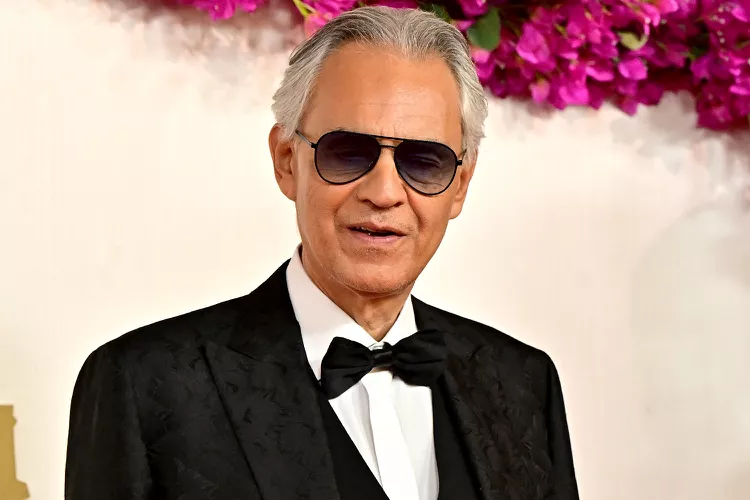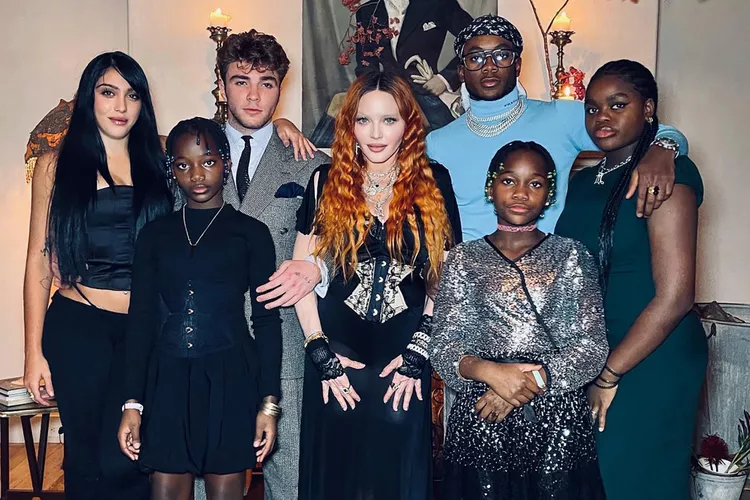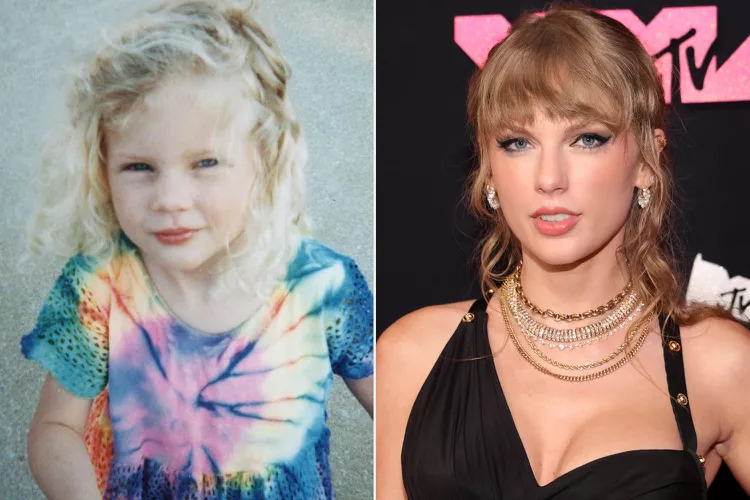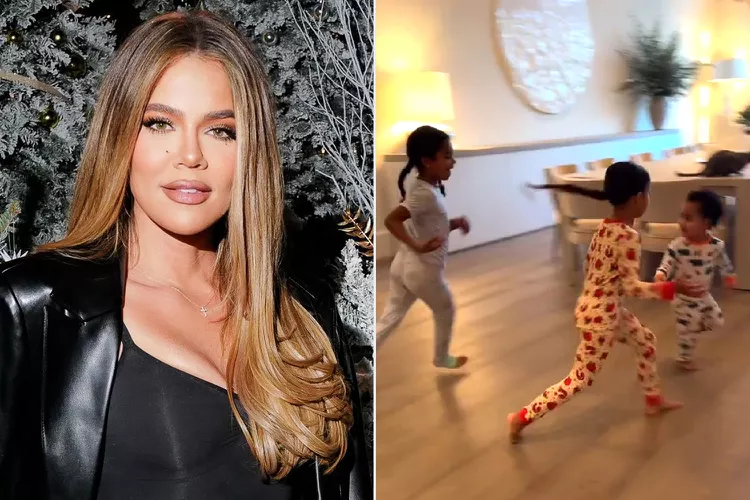But there is more to blocos than that, says performer and educator Brian Potts, founder and director of Miamibloco, a percussion ensemble that mixes traditional samba and elements from various musical traditions in South Florida.
"Bloco is a community event. It's people spontaneously gathering in the street or rehearsing loosely before carnival. It's not set up, so here you have the professional musicians, and here are the amateurs. It's just people playing music, and it's what binds these communities together," says Potts, who received his doctorate in musical arts from the University of Miami, "fell in love" with Brazilian music, and has been traveling to Brazil to study and perform for the past 13 years. "Think of the bloco and all that it involves as a community-building technology."
Inspired by the approach of Batuquebato, a Brazilian group in which he also plays in Rio de Janeiro, Potts opened the drumming of Miamibloco to other music beyond samba.
"I'm never going to be Brazilian," says Potts, a longtime South Florida resident born in Dallas, Texas. "And we're never going to be Rio de Janeiro. We're always going to be from Miami, and what Miami has to offer is this incredible mixture and diversity of cultures and music. So we try to be ourselves and take the influences of the people in the group."
Miamibloco's Bateria Saideira, the bloco's performance group, plays at the Miami Beach Bandshell on Memorial Day. The "From Samba to Gnawa" event will feature the 40-plus-member drumming ensemble, augmented by artists from Brazil, Morocco, Nicaragua, Venezuela, and Colombia. The guests include multi-instrumentalist Munir Hossn, Jason Matthews, keyboardist of Electric Kif, local favorite guitarist and deejay DJ Le Spam, percussionist Gilmar Gomes, and Grammy-nominated Moroccan musician Samir Langus and his group.
Saideira translates as "nightcap," here a musical nightcap; Monday's show is the third installment of Miamibloco's Saideira Social.
In Potts' words, the performance is "an opportunity to show what a bloco can do."
"Throughout the evening, we'll be playing samba but also electronic music, cumbia, and a collaboration with Langus, a master in the Gnawa tradition, and his group," says Potts. "He is bringing in a whole other tradition, and we're going to build something new together, which I think is a very exciting thing."
Additionally, Langus hosts a Miamibloco pre-party on Saturday night. He and his group will present Gnawa music and will be joined by members of Miamibloco. "It'll be an intimate jam session," says Potts.
In the bloco, trained and amateur musicians play side by side. Those new to musical performance not only learn to play the instruments and patterns of samba but how to work together as an ensemble. Call it community-building — with a groove.
"I see Miamibloco as a way of teaching people about community and community participation," says SuOm Francis, Miamibloco's cofounder and director of community operations. "You may play one instrument, one note, but if you're not there, there will be a void. Your note is important for the sound of the group. [Playing in the bloco] is a tool to belong to Miami in a different way."
Miamibloco recently became a nonprofit organization. So far, it's been self-funded and "very grassroots," says Francis. "We're only doing it when and if the Miami Beach Bandshell has a space, and they have opened their doors to us." The saideiras are part of the Bandshell Laboratories residency program sponsored by the Rhythm Foundation.
Still, the ensemble offers several programs, including community workshops that Francis describes as "contained, one-hour experiences"; the Bateria Academy, a two-month course with weekly rehearsals and supplemental videos created to develop technique on your chosen instrument; and the Bateria Saideira, which is Miamibloco's performance group. Membership is open to anyone through an audition process.
In the community workshops, "we don't go very deep musically, but within an hour, we're doing something together," says Potts. "And getting that many people playing music together is very powerful."
The bloco "is like a force to fight against all of the struggles that everybody has to go through in their everyday life, and all the separation we feel from each other, being locked in front of our screens, locked in our own little worlds," he continues. "Bloco gives you a reason to come and be with people and make art together, and in doing so, break through many of our social boundaries."
